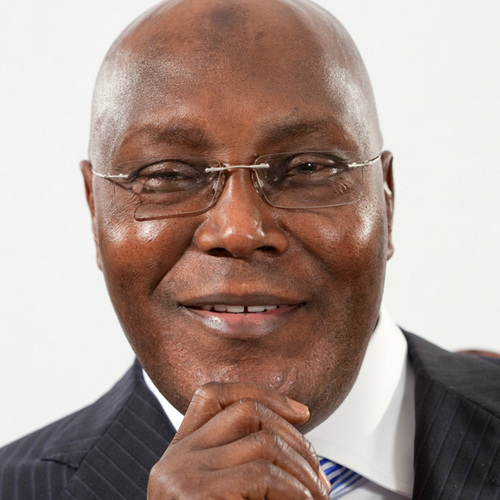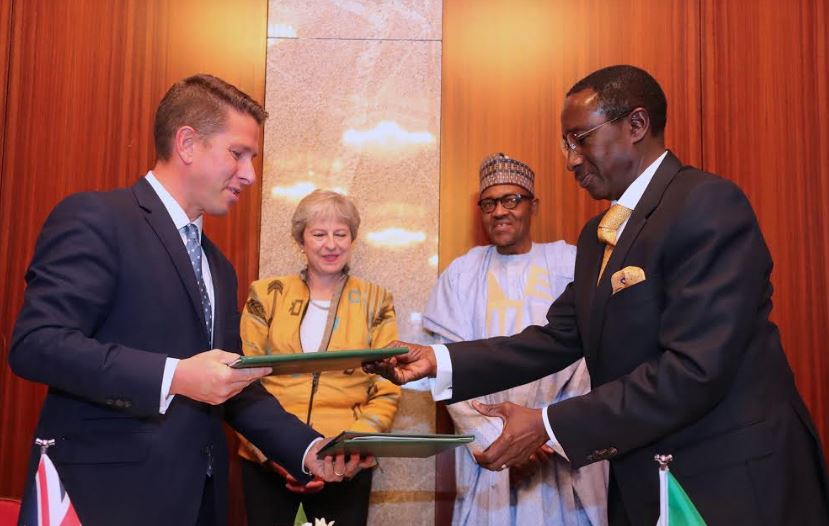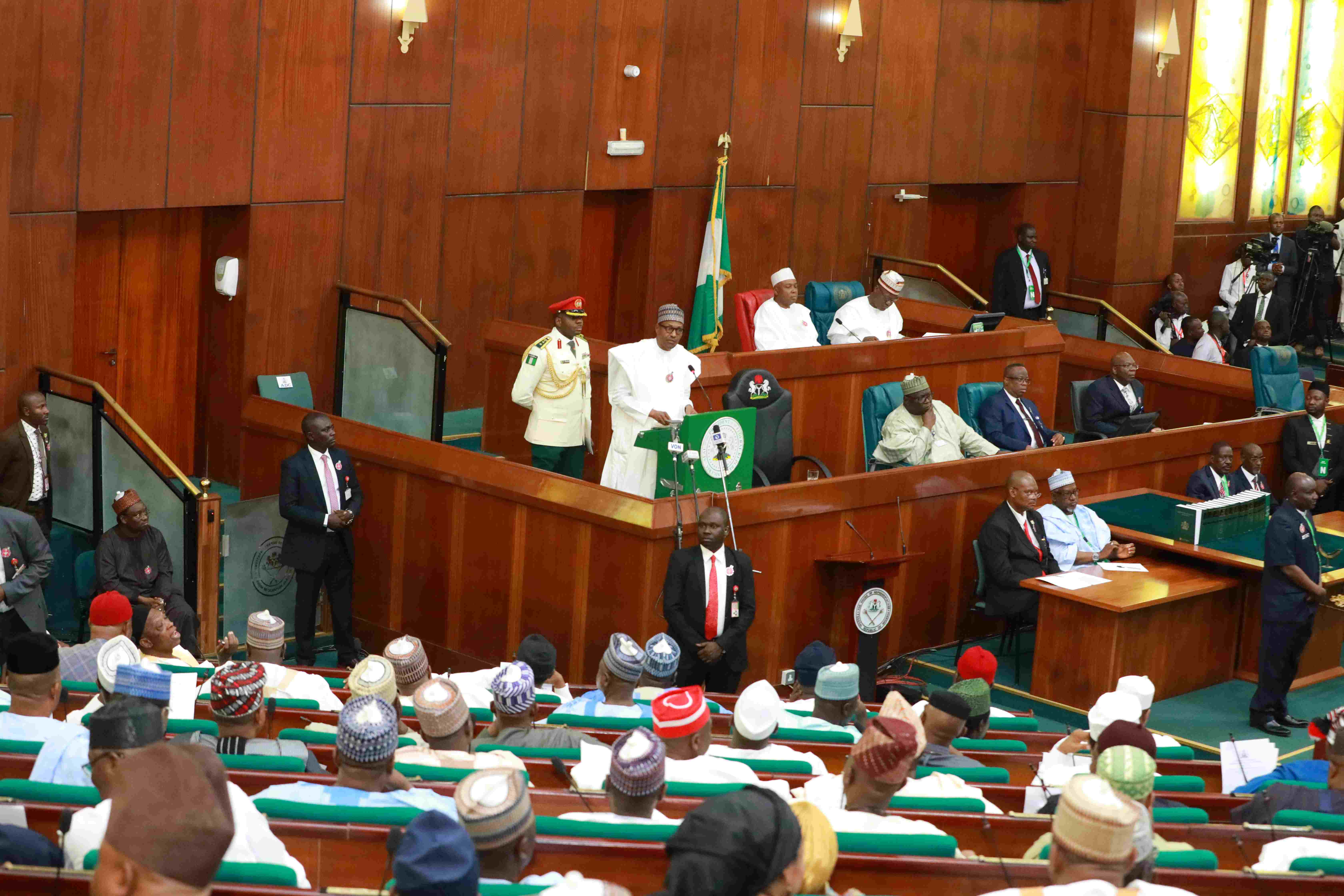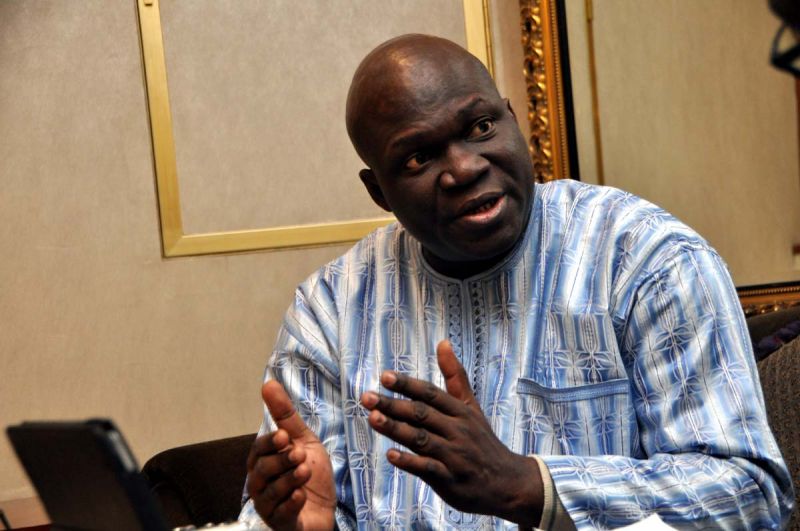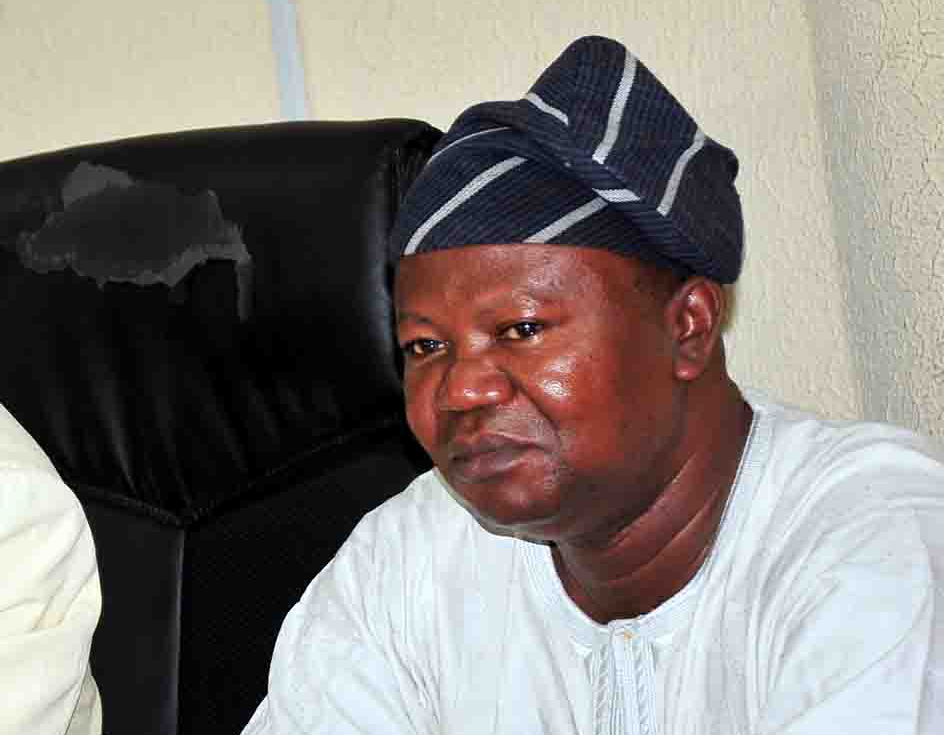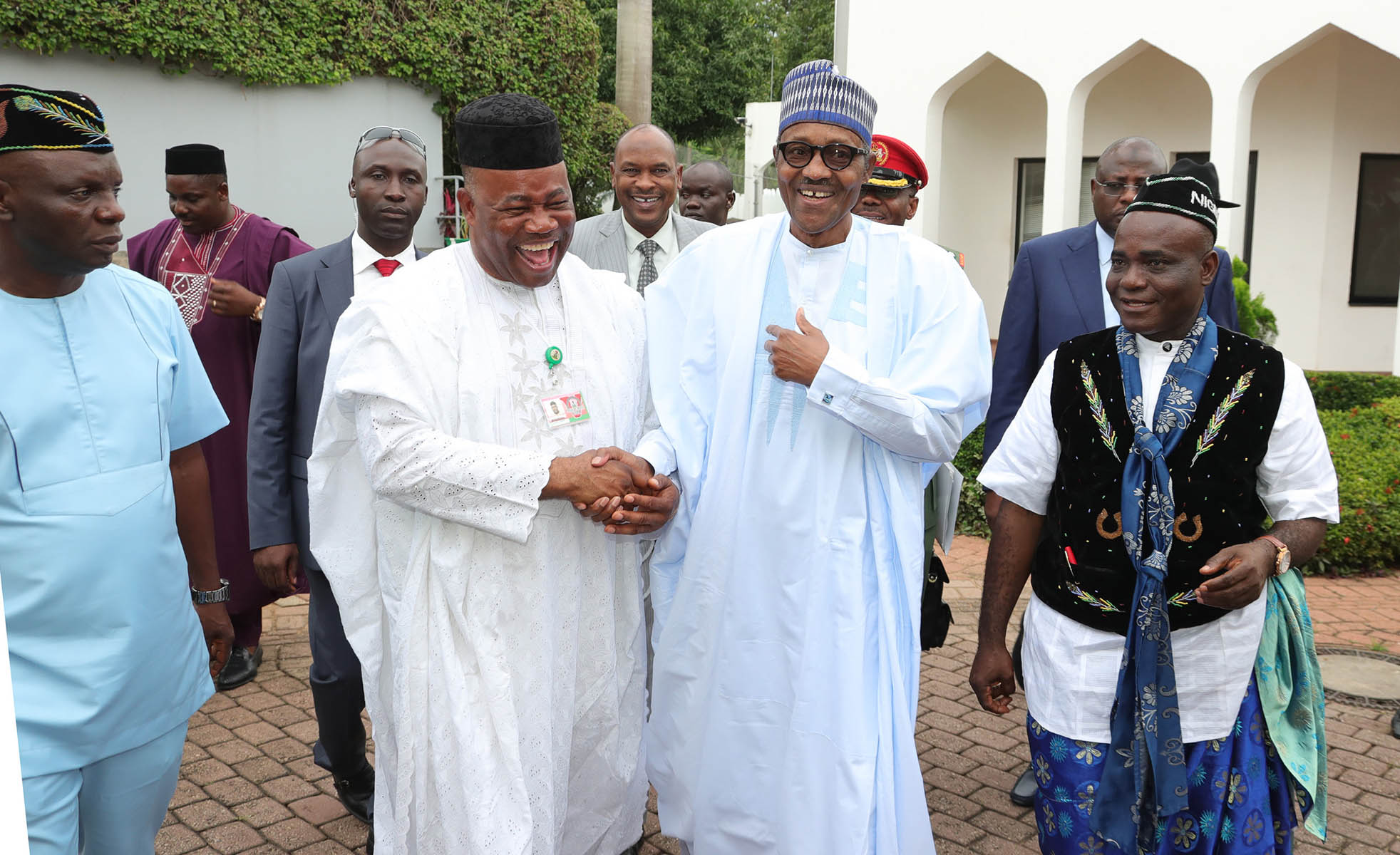In August this year, Prime Minister Theresa May visited Nigeria. She spoke about increasing investment opportunities, a new trade deal and economic partnership, tackling human trafficking, and assistance to bolster the rule of law and the fight against organized crime.
All of this is extremely welcome, and indeed necessary. Unfortunately for Mrs May, the government that she met with led by President Muhammad Buhari cannot deliver any of this. For Nigeria to move forward, a change is required. In the four years of President Buhari’s Administration, Nigeria has regressed by almost every domestic and international metric. We have fallen in the World Bank’s Ease of Doing Business report; we have fallen in Transparency International’s Corruption Perceptions Index; we have fallen in the World Justice Project’s Rule of Law Index.
And Nigeria suffered the indignity of being named officially the poorest country in the world: We now have more people in extreme poverty than any other country in the world.
In the past four years, India and others have sprinted ahead in the race to reduce poverty.
Advertisement
Nigerians are being left behind.
The forthcoming elections in February offer the opportunity for a change.
President Buhari has promised the international community that the elections would be free and fair, but there is little confidence amongst Nigerians that he will stick to this promise.
Advertisement
What is needed is pressure from the international community to ensure that Nigerians have the right to determine their own futures, and to do so free from harassment, vote-suppression or outright fraud.
As a major funder of democracy initiatives around the world, the U.K. has a real stake in this process.
Backsliding on democracy and freedoms has been a sad theme globally in recent years this cannot be allowed to happen in Africa’s largest democracy.
The Federal Government, the Nigerian Election Commission (INEC), and local and State officials must understand that the international community is watching and will not accept anything less than a fully free and fair election.
Advertisement
This must include an end to the government¹s ongoing use of state apparatus to hassle and harass opposition candidates and supporters.
President Buhari’s track record proves that he cannot be trusted to safeguard democracy, if left to his own devices: he must be pushed by the international community to do the right thing.
President Buhari’s regime is tired, and a truly democratic change is needed.
That means re-establishing the rule of law, the respect for the courts, and a crackdown on corruption.
Advertisement
A real anti-corruption process is required so that Nigerians, and foreign investors, can have confidence in our domestic laws, not show trials perpetrated as ‘crackdowns’ on corruption, where corrupt cronies were allowed to flourish.
Equally, as our roads and railways crumble, a new infrastructure programme is needed to revitalize them: such a programme would create jobs, stimulate economic activity, and provide long-term benefits to people across the 36 Nigerian states.
Advertisement
Food security is also a major concern. President Buhari has done little to inspire Nigeria’s enormous agricultural potential. We can, and should, be the bread basket of Africa.
Only with re-imposition of the rule of law, and a focus on attracting investment and innovation, will Nigeria’s agricultural potential be realised.
Advertisement
And, of course, the question of oil looms large. Nigeria’s oil resources are not in themselves a curse but neither are they a panacea. If oil alone could save a nation, then it surely would have saved Venezuela.
Everyone can see for themselves the stark reality of that hypothesis.
Advertisement
President Buhari has failed to diversify the economy it will be the responsibility of the next government to succeed where he has failed.
What does this all mean for Britain, and the future relations between our nations?
Taken together, my new agenda aims to increase the purchasing power of Nigerians across our country: providing economic security, improving quality of life, reducing poverty.
This, in turn, provides a platform of security and certainty for investors to take advantage of new opportunities for collaboration not just oil and a chance to work with a government that is serious about building a prosperous Nigeria.
I foresee a new trade partnership between Nigeria and Britain, enhanced cooperation on security and counter-terrorism, and deepening our historic links of culture, family and language.
This agenda will benefit ordinary Nigerians and Britons alike, as well as increasing mutual investment in our respective economies.
President Buhari had his chance: but the international rankings do not lie.
He has proven himself neither a leader who can elevate the domestic situation of the Nigerian people, nor one who can inspire foreign investors and international partners.
The future relationship between Britain and Nigeria can be bright and prosperous but it requires a change of leadership in Abuja.
Views expressed by contributors are strictly personal and not of TheCable.
Add a comment
